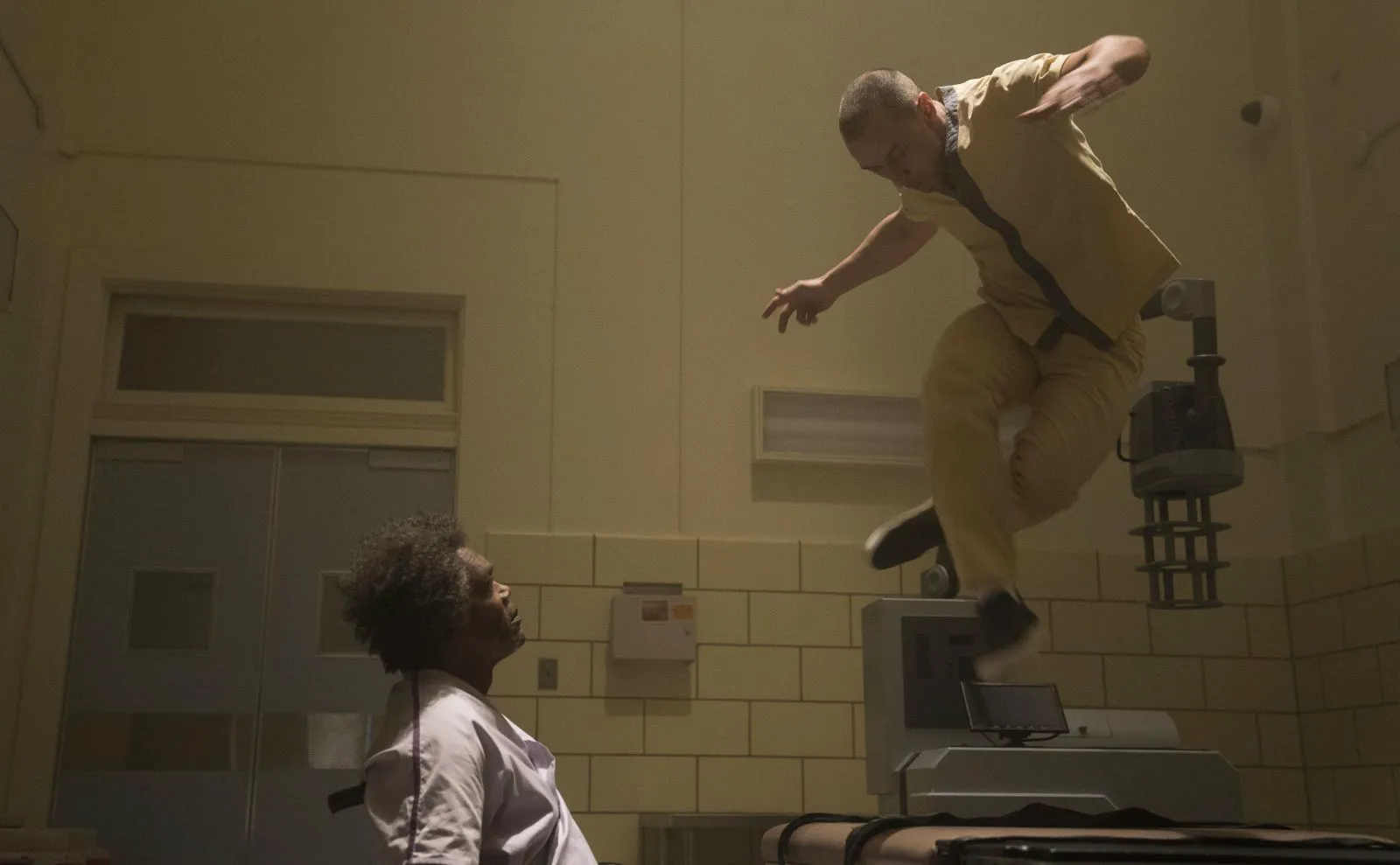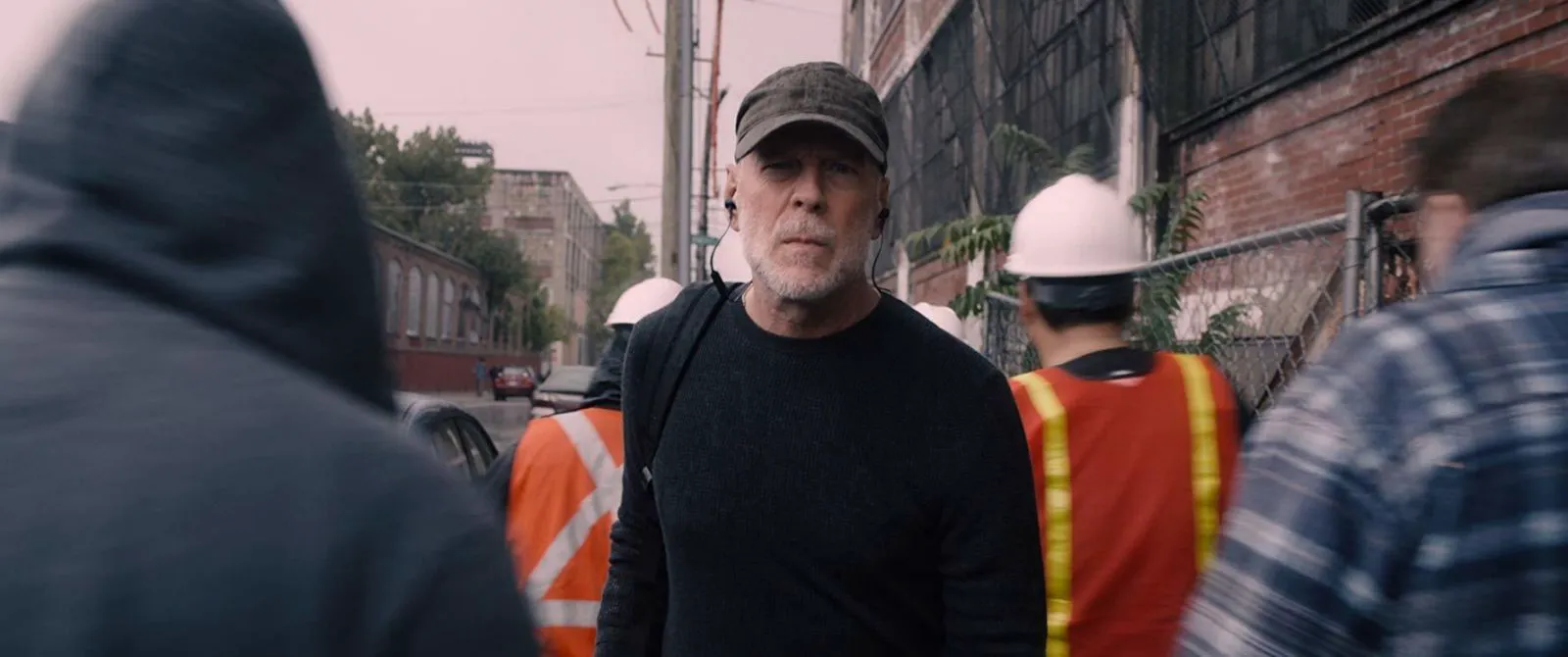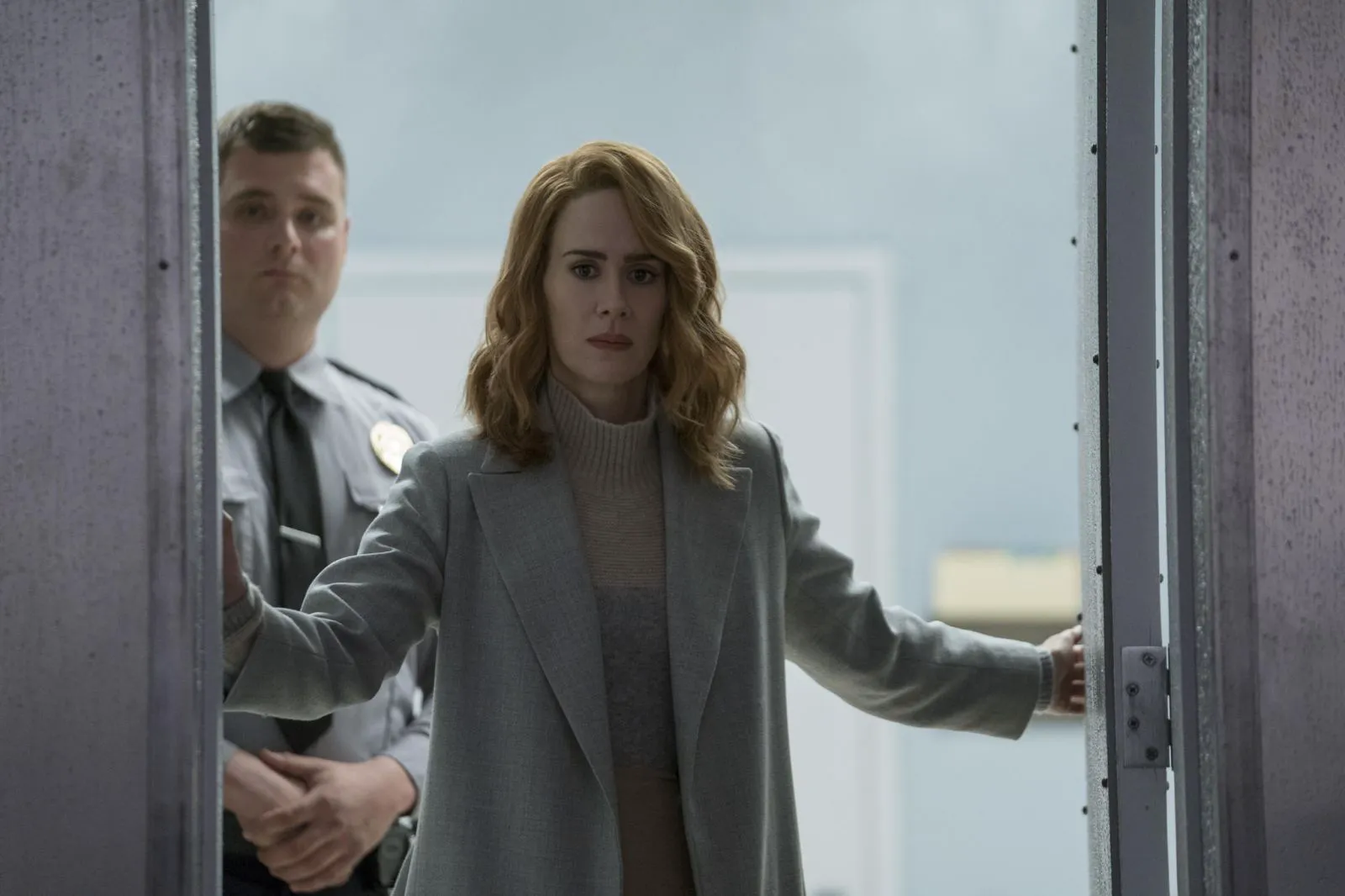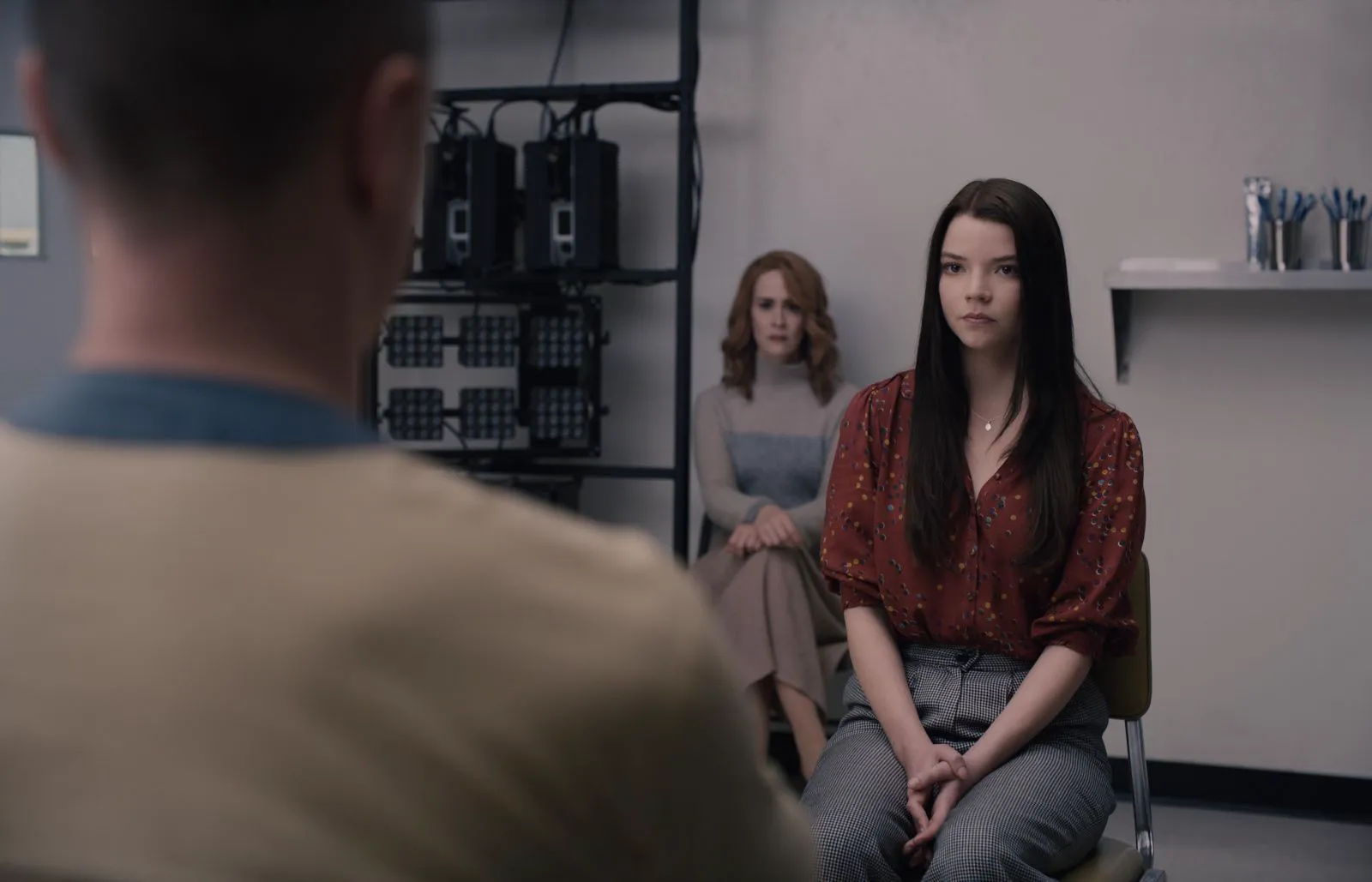M. Night Shyamalan is Back – And He’s Not Taking Prisoners
David Dunn, the seemingly invulnerable superhero with two decades of experience, is on the hunt for the Horde – the self-proclaimed coalition of Kevin Wendell Crumb’s malevolent personalities. Since the events of “Split,” they’ve amassed a cult following around the Beast – Kevin’s twenty-fifth personality, rumored to possess supernatural abilities. These two superhumans inevitably cross paths, only to be apprehended by a third party: a psychologist, played by Sarah Paulson, who confines them to a mental institution and attempts to convince them they’re ordinary individuals. Within the same facility resides Dunn’s old nemesis, the villainous mastermind Mr. Glass, who remains steadfast in his belief that superheroes still exist. It’s clear that the heroes’ escape is only a matter of time.

Once upon a time, back at the dawn of the century, the promising director M. Night Shyamalan lost his connection with the audience. His films became the target of harsh criticism: the ideas were deemed absurd, the signature twists felt forced, and everything was perceived as excessive, deliberate, and pretentious. However, even after a series of disastrous failures – both creatively and financially – he continued to be closely watched, and the reason for this is simpler than it seems. Shyamalan may have been an inconsistent playwright and a tasteless director, but he was never mediocre. When Night does well, it’s timeless; when he does poorly, it’s cringe-worthy.

Recently, however, he grew tired of making terrible movies. In “The Visit,” he replaced arrogant pathos with biting self-deprecation, and in “Split,” he adopted a genre-friendly approach, more palatable to a wider audience. Predictably, everyone heralded the “Shyamalan comeback,” the prodigal director’s return to understandable, comfortable, and “objectively” good cinema. With “Glass,” the unexpected crossover of “Split” and “Unbreakable,” released sixteen years prior, expectations were even higher for a more accessible and reasonable film. But for Shyamalan, that would have been too easy.

“Glass” turned out to be almost the complete opposite of “Split”: it’s by far the most “Shyamalan-esque” film since “Lady in the Water.” Here, the characters spout utter nonsense (and give a sudden nod to Nolan), twists are present even in the obligatory director’s cameo, and the final twist contains yet another smaller twist. At the same time, Shyamalan winks ironically at the audience, then suddenly puts on a stone-cold serious face – which paradoxically comes across as even greater irony. It’s easy to get lost in his shameless mockery – as layered as Shrek’s onion – but that’s what makes it so wonderful.

Shyamalan plays on a field somewhere between Snyder’s “Sucker Punch” and von Trier’s “Jack,” building a mythology of his favorite images and tropes – the very ones he was most criticized for. “Glass” is much more a film about Shyamalan himself than about the trio of unusual heroes. It’s a film in which he finally understands his position as a creator and makes it clear: he will continue to exploit his signature style, no matter how others feel about it.
Shyamalan’s Signature Style
Shyamalan has always been a director for whom the concept was more important than the immediate content. In “Glass,” his unwillingness to work with the text reaches a new level: the entire concept doesn’t even lie within the film itself and ends with it being a spin-off of two completely unrelated films. That’s why he’s so uninterested in the local heroes – whether it’s the multifaceted maniac Kevin Wendell Crumb, the one-dimensional superhero David Dunn, or the slyly twitching Mr. Glass. They’ve already done their job in other films; now they’re just part of the M. Night Shyamalan exhibition – a mad art performance where everyone growls, fights, makes sarcastic comments about comics, and builds complex multi-step plans against each other. Where sudden artistic decisions, like first-person fight scenes, arise for no particular reason or motivation. Shyamalan, completely uninterested in content, plays with form – so brazenly and self-aware that accusing him of bad taste would be, well, tasteless.
The Twist
Just as tasteless as accusing the final twist of being stupid – if only because it’s clearly not the main one here. In fact, the central twist in “Glass” is perhaps even more powerful than in “The Sixth Sense” – the film with which Shyamalan infected all of Hollywood with a love for unexpected endings. Back then, it was still possible to surprise with a twist that unfolds within a single film – now times are different, and methods, accordingly, need to evolve. Shyamalan builds a large-scale mystification that has stretched for almost twenty years – and immediately destroys it, because that’s what was least expected of him. And in the process, he makes an important comment, mirroring what he said in “Unbreakable.” Back then, David Dunn – a superhero without tights – essentially predicted the departure of comic book movies into realism. Now Shyamalan declares that your realism is nonsense and cinema will always operate exclusively within the framework of myth. And if so, why not just, damn it, have fun.